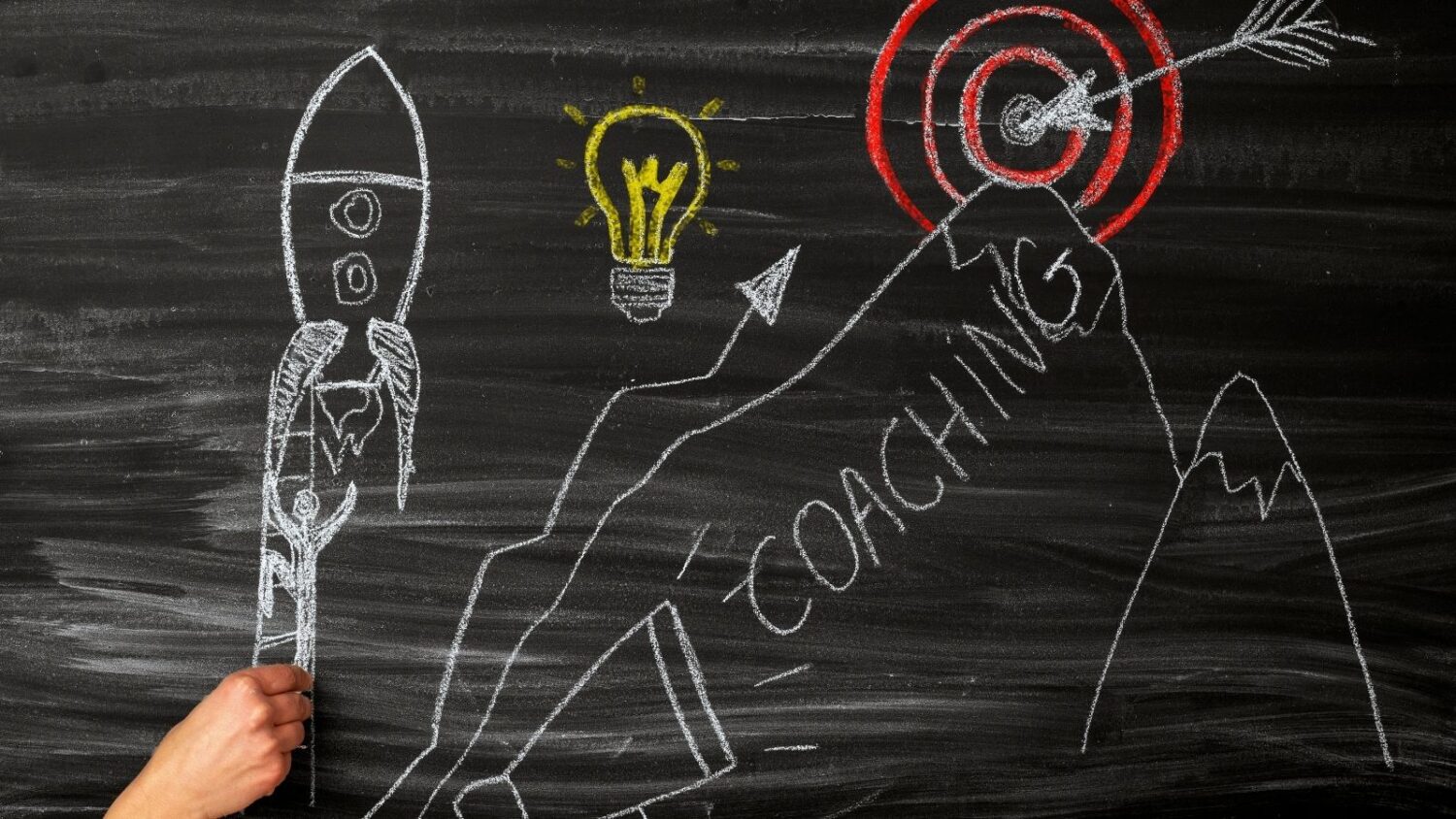From the Coaching Room: Emerging Themes in Employee Development for 2025

Over the past year, our network of Adaptas coaches have worked with professionals across multiple industries and roles; from early-career contributors to senior leaders.
We asked them one simple question: What challenges keep coming up in coaching sessions?
The themes that surfaced were remarkably consistent. And they offer a clear signal to Learning & Development (L&D) leaders about where organisations might focus their energy in 2025.
A Year of Pressure and Potential
The story we heard was one of both stretch and stagnation. Many individuals are motivated, self-aware, and eager to grow yet feel blocked by confidence gaps, role ambiguity, and limited progression pathways. Others are navigating the emotional toll of hybrid work, blurred boundaries, and constant “busy-ness.”
Beneath it all, one theme stood out: people are craving ownership and clarity (over their time, their conversations, and their careers).
1. Confidence and Communication
Across levels, individuals are naming the need to communicate with more clarity, courage, and self-belief.
Common coaching topics included:
- Speaking up confidently, particularly when English isn’t a first language.
- Managing conflict and navigating difficult team dynamics.
- Expressing ideas clearly and succinctly, avoiding “waffle” and hesitation.
- Saying no and asserting boundaries without guilt.
At the heart of this lies a neuroscientific insight: confidence grows through repeated experience of success, not through self-critique. Coaching that helps people recognise and reframe their unhelpful internal narrative, for example, the “I’m not ready” or “I shouldn’t challenge” beliefs many of us hold, leads to real behavioural change.
2. Managing Upwards and Across
A striking number of coaching clients spoke about feeling unheard or dismissed when proposing new ways of working.
This highlights a deeper systemic issue: the persistence of the “that’s the way we’ve always done it” mindset.
Leaders want to innovate, but feel limited by existing hierarchies and expectations.
Organisations that prioritise psychological safety and feedback cultures are the ones empowering their people to challenge norms and co-create new solutions.
3. The Time Poverty Trap
The sense of being “time poor” was nearly universal. Leaders are under pressure to deliver, often at the expense of people management. This avoidance of crucial conversations creates downstream effects: overlooked employees, stalled careers, and low engagement.
Here, a small mindset shift makes a big difference. Coaching encourages leaders to view one-to-one time not as a disruption to performance, but as a driver of it. The brain’s reward system activates when people feel seen, heard, and supported; a physiological foundation for trust and motivation.
4. Career Ownership and Progression Clarity
Many individuals described uncertainty about how to progress asking, “Whose responsibility is my career?”
While many organisations have transparent frameworks, they are often under-used or poorly communicated.
Encouraging employees to take ownership of their career conversations, for example, to ask for clarity, feedback, and mentorship has proven a powerful shift.
When supported by senior management, L&D, Talent Management and HR teams, this ownership creates a more proactive, self-directed culture of growth.
5. Gendered Pressures and Burnout Risk
Female professionals, particularly working parents, reported feeling the strain of carrying multiple roles, such as leader, colleague, caregiver. The desire to “be everything to everyone” continues to contribute to exhaustion and early burnout.
Organisations that promote equitable workload distribution, flexible working, and wellbeing-centred leadership are seeing stronger retention and morale.
Where Do We Go from Here?
The data tells a human story. People want to grow, but we all need support systems that reflect today’s realities.
For senior management, L&D, Talent Management and HR teams, this means re-imagining development through programmes that build:
- Confidence and self-expression (especially for emerging leaders and global teams)
- Coaching conversations skills for managers
- Career development ownership frameworks
- Hybrid working communication tools grounded in fairness and trust
- Resilience and regulation strategies to prevent burnout before it begins
At Adaptas, we see these not as separate issues, but as connected threads. When individuals understand their own patterns and leaders create environments where it’s safe to speak, stretch, and learn, growth cascades across teams and cultures.
Closing Thought
Change starts in conversation. Whether in a coaching session, a team dialogue, or a quiet moment of reflection, each insight creates a ripple.
Our role, as facilitators of learning and culture, is to make sure those ripples reach every corner of the organisation.
Back to Teams